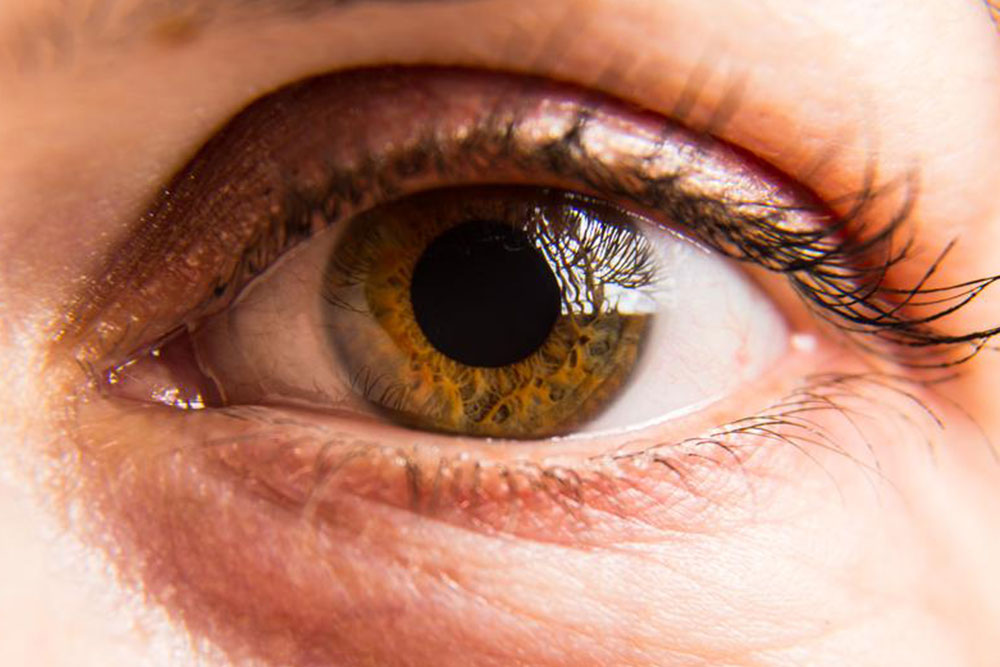Top 10 Reasons Behind Hand Shakiness
Learn about the primary causes of hand tremors, including neurological, hormonal, nutritional, and lifestyle factors. Early diagnosis and lifestyle changes can help manage symptoms effectively, while persistent issues require medical attention for proper treatment.
Involuntary, rhythmic movements in the hands can be caused by various health issues. Mild tremors often occur from stress, fatigue, or caffeine excess and tend to resolve on their own. However, persistent shakiness may signal underlying conditions requiring medical attention. Common causes include neurological disorders such as essential tremor and Parkinson’s disease, autoimmune diseases like multiple sclerosis, hormonal imbalances like hyperthyroidism, nutritional deficiencies, and lifestyle factors such as poor sleep and high caffeine intake. Recognizing these triggers early helps in effective management and treatment.
Essential tremor often affects hands during movement, rarely at rest, and may not need treatment unless it hampers daily activities.
Parkinson’s disease presents with initial tremors typically in one hand, progressively affecting movement and muscle control.
Autoimmune conditions like multiple sclerosis cause nerve damage, leading to various tremors in limbs.
Hormonal issues such as overactive thyroid increase metabolism, causing hand jitteriness paired with other symptoms.
Lifestyle factors, including excessive caffeine intake, inadequate sleep, low blood sugar, and emotional stress, contribute to hand tremors.
Nutritional deficiencies, particularly vitamin B12 deficiency, can impair nervous system functions, resulting in shakiness.
Liver disorders or toxin buildup may also lead to hand tremors, especially if accompanied by other signs like yellowing skin.
Monitoring symptoms and consulting a healthcare professional is essential for proper diagnosis and treatment. Simple lifestyle adjustments like reducing caffeine and improving sleep habits can alleviate mild tremors. Persistent or worsening symptoms should always be evaluated by a doctor for appropriate care.










